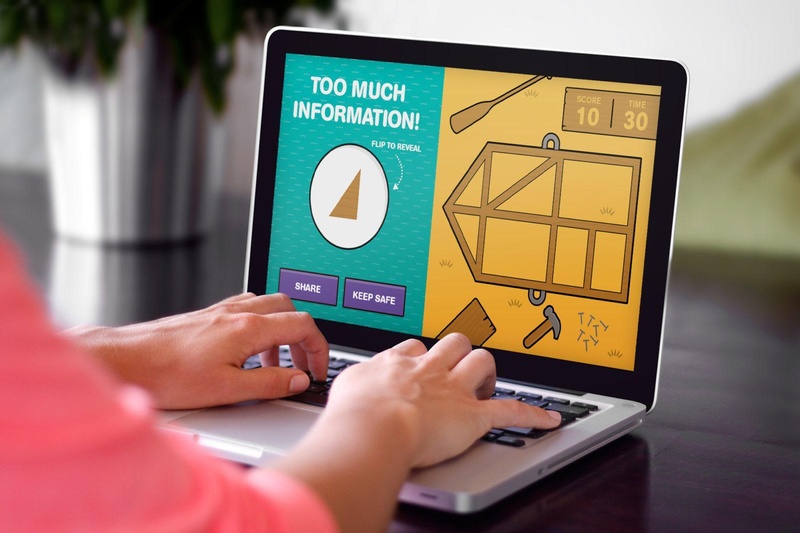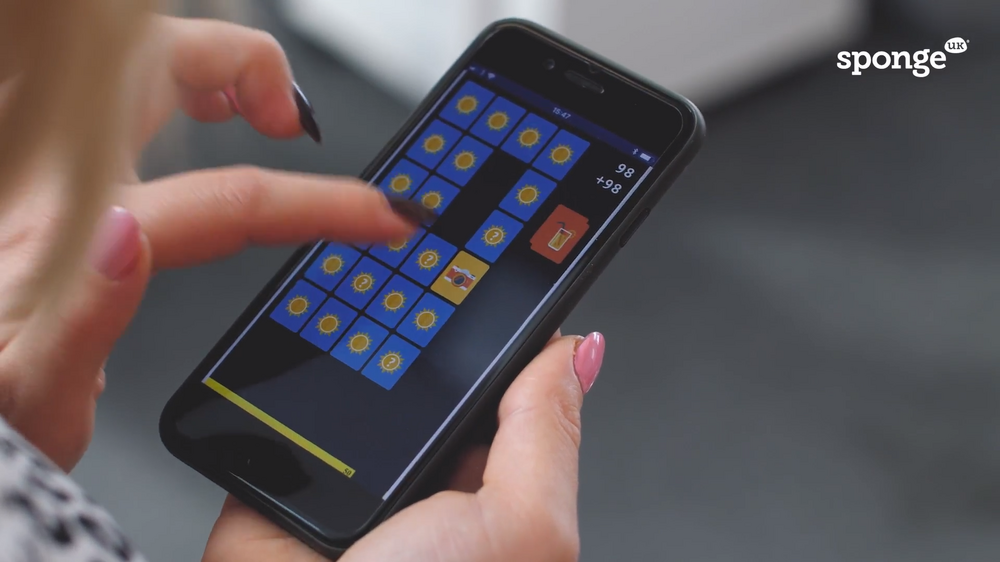5 things you need for great learning games

Before investing in learning games, it’s only natural for organisations and their L&D teams to first ask a few key questions, such as: “Do they work? What are the benefits? Will we get a return on our investment?” Basically: “Why should we?!”
In answer, there is increasing evidence that suggests that L&D should be taking learning games seriously.
Why use games in workplace learning?
In 2011, a team of researchers reviewed 129 papers that reported evidence related to the outcomes of serious games when it comes to learning and engagement. The research, led by Professor Thomas Connolly found evidence that games are particularly effective in certain areas.
One of the findings was that the most “frequently occurring outcomes and impacts were knowledge acquisition/content understanding and affective and motivational outcomes”.
Professor Karl Kapp has also carried out research that showed learners were more motivated to do the learning when they could play a game. Given that the aim of learning is that trainees actually engage in it and learn from it, this is clearly an important finding. If they don’t participate, there’s no point in it and it’s a wasted investment.
Rewards built into learning games have also been linked to increased engagement. A three-year analysis of 9.5 million learning sessions on the Axonify platform found that those who frequently checked their rewards section completed almost three times as many learning sessions, so their level of progression was far better. Leaderboards work in the same way.
Learning games don’t just increase motivation, they can also increase learning because they are immersive, creating a focus and a ‘state of flow’ for the players.

Where do games work well?
- Decision-making – Through exploring options in a safe learning environment.
- Knowledge acquisition and retention – A story introduces emotional connection, engagement and repeated practice, all acknowledged to aid ‘sticky’ learning.
- Teamwork across locations – Collaborative digital games build a team ethos and can enable a shared experience.
- Rules and procedures – The practice and repeat nature of learning games, delivered in a fun way is ideal for instilling topics that are traditionally difficult for learners to engage with.
So how do we make learning games great?
Learning games are designed to teach a specific skill or to address a particular workplace challenge.
Here are five top tips for designing games that work well.
- Create a context and narrative and select the most appropriate game elements for an immersive experience that enables the learner to embark on a journey.
- Design a learning environment that enhances the natural intrinsic motivation of learning and condenses the learning time of key ideas so that learners can explore concepts.
- Make progress visible to learners. Studies demonstrate that visible advancement is the principle driver of emotion in games and at work.
- Build a learning environment that provides a fun and engaging user-experience, again motivating the learner to acquire the targeted knowledge and skills.
- Have content that makes the learner think, make decisions and experience the consequences of their choices.
Learning games don’t just increase motivation, they can also increase learning because they are immersive, creating a focus and a ‘state of flow’ for the players.
How your employees (and your business) will benefit
It’s not just science and research that’s pointing to the effectiveness of learning games, as more organisations introduce them into their workplace training programmes, we are now seeing the impact they’re having on boosting learning and job performance.
Research by T. Sitzmann ("A Meta-Analytic Examination of The Instructional Effectiveness of Computer-Based Simulation Games”, Personnel Psychology 2011) found learners had:
- 20% higher confidence levels
- 14% higher skill-based knowledge
- 11% higher factual knowledge levels
- 9% higher retention levels
For organisations, the focus of training is obviously on improving performance and having an impact on business results. Real-life examples suggest well-designed games do work:
- 80% voluntary participation rates by employees (Axonify)
- 40% increase in customer service response rate (Engine Yard)
- 30% average knowledge increase for players (retaME)
- 12% increase in cross-selling (Yapi Kredi Bank)
In conclusion, great learning games increase participation and engagement, leading to learning that is more effective, better on-the-job performance and training that has a direct impact on business goals.
Deborah Baird is a Games Producer and Project Manager at Sponge. Her latest project is a new game on GDPR compliance.